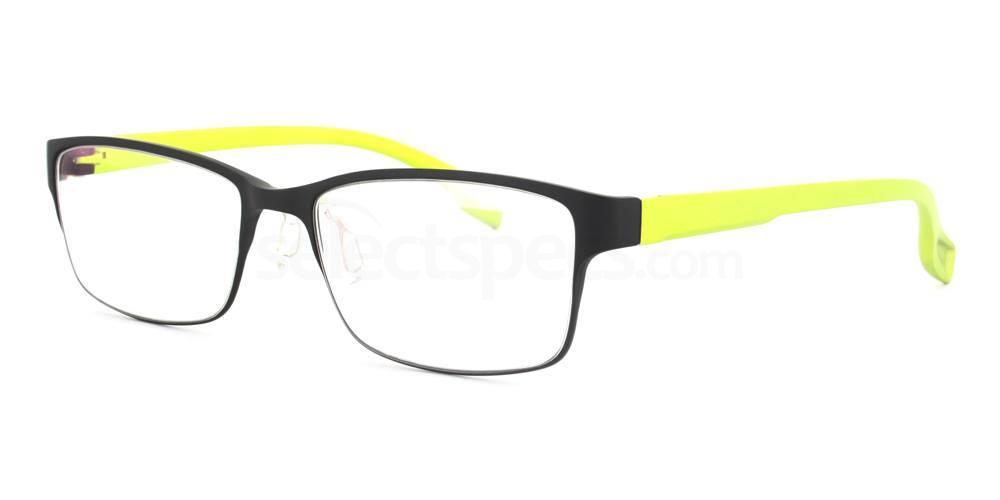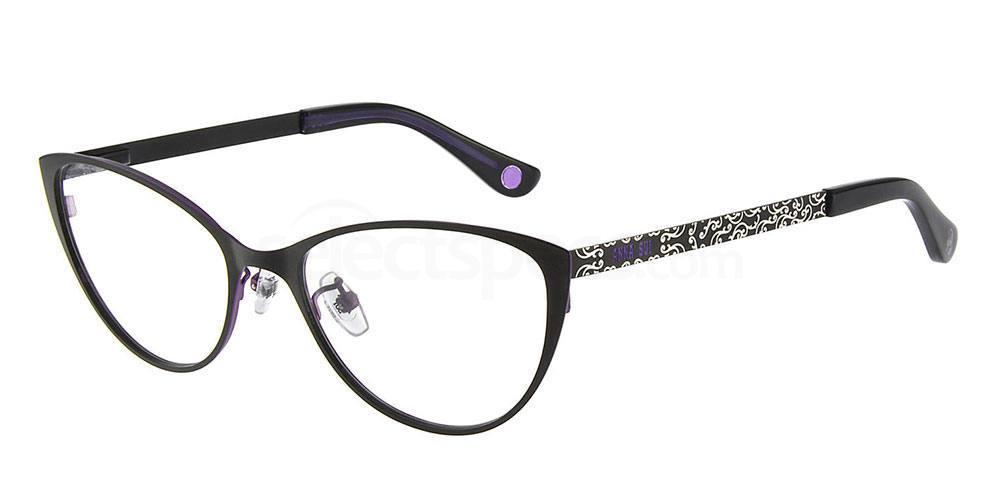Wear & Tear
Arguably the most common reason for requiring a change in your glasses. Accidental damages just happen, as much as you may try to avoid it, they will eventually catch up with you. Whether you’ve dropped, scraped, sat on, run over or accidentally thrown your specs across the room, the odds are invariably stacked against anyone who attempts to keep their glasses in pristine condition. Life is jam-packed full of ways which can cause even the tiniest amount of damage to your lenses or frames. When you add time into that equation, that damage will only grow and eventually affect your sight. Frame damage isn’t as big a deal as lens damage, and most frames can take a fair amount of beating before they need replacing. An easy way to keep on top is to check your pair every six to eight months and keep note of any chips or scratches that may require attention. If you’re looking for glasses that are durable and stylish, check out the Antares 9917.

Age
As we get older, our eyesight will naturally deteriorate. This process can happen faster for some than it does for others. Regular eye exams become more important as you get older. For example, when you turn 70, the DVLA will ask you to confirm that you are still fit and able to drive safely. One of the reasons they do this is due to the deterioration of eyesight in the elderly. People over 70 will have to renew their driving license every three years to confirm that, in that time, they have not undergone any physical or psychological changes that would impede their ability to drive. The same is true of your glasses. As you get older, the glasses or prescriptions you use may not be the ones best suited for you at that time. This leads nicely on to our next point.
Changing Prescriptions
Our eyes are incredibly delicate and sensitive organs and thus can change in extremely subtle ways that may not always be blatantly obvious. While you may think your vision is as good as it was when you first got your prescription, you could be unconsciously straining your eyes in order to see better. This is another reason why regular visits to your optometrist are a good idea. Headaches, squinting and feeling as if you have tired eyes often can be signs that you may need a new prescription. Take note of those signs if you begin to feel one of several of them. Our eyes will change over time and those changes may not always be apparent, so regular checkups are advised. If you need glasses that are both multifocal, the Anna Sui AS214A could be perfect for you!

Changes In Technology
While changes in technology alone aren’t necessarily enough of a reason to immediately discard your current pair of glasses, it is worth keeping up to date with the latest happenings for when the time for change eventually does come around. Experts in the field are constantly coming up with new methods and technologies to improve eye health and maintain better eyesight for longer. It is worth taking a look to see if there is anything out there that could further improve your own situation. These advances show no signs of slowing down so it’s always a good idea to keep them in mind the next time you need to replace your current specs. There are various reasons why changing your glasses regularly can greatly benefit the well-being of your eyes.
Visiting an optometrist once a year can help you figure out a schedule that’s right for you. Changing your frames and lenses once every two years or so, ensures that you don’t further damage your eyes by subconsciously squinting or straining them in order to see better.
Keeping up to date with the latest trends is also achievable when replacing at this rate as you’re never too far behind what’s fashionable but you’re also not having to constantly fork out for brand new, and often expensive, eyewear.
